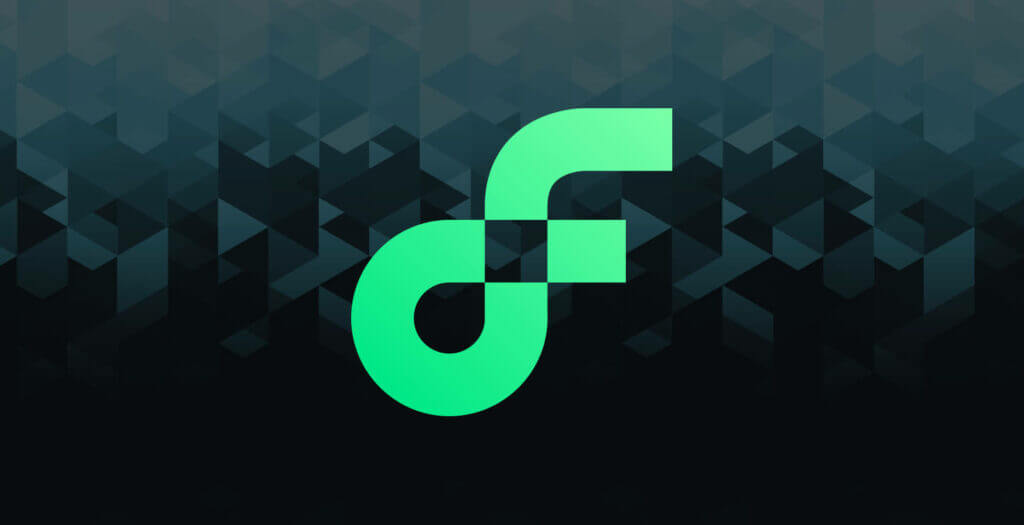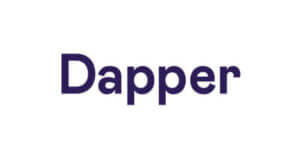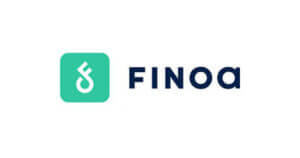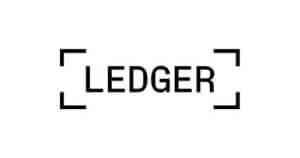
Flow is an advanced blockchain designed to create a new generation of games and applications, as well as offering the issuance of NFT tokens. The decentralized environment of Flow allows anyone to issue NFTs on its blockchain, and users can easily purchase assets at very low cost.
The Flow blockchain was conceived by the team behind CryptoKitties, considered the first mainstream NFT that took the crypto world by storm (and clogged up the Ethereum blockchain) back in 2017. The Cryptokitties team decided to create a new blockchain in order to alleviate some of the issues they encountered on the Ethereum network regarding scaling and requirements for solid commissions. Dapper Labs came on board the project and helped launch the Flow blockchain in May 2020.
Today, the Flow blockchain platform is decentralized and community controlled, with developers offered dividends for maintaining and improving the network.
Flow has a built-in logging feature which maintains the development speed and quality of the software involved. A new programming language called Cadence facilitates the creation of decentralized applications and digital assets, again with the focus on simplicity and performance. The Flow blockchain uses the principle of a pipeline, where tasks are lined up vertically.
The multi-role architecture of Flow helps increase the throughput and scalability of the network while reducing the cost of maintaining operations in its internal environment. At the same time, it allows users to feel comfortable with developing on the blockchain, and it is easy for developers to complement each other’s work.
The Flow network is aimed at the mass consumer, so its payment tools provide an easy and secure transition from fiat money to cryptocurrency. NFTs were built into the Flow network from the very start and have proved a popular use for the blockchain, boasting partnerships with UFC, NBA, NFL, Japanese media powerhouse Mixi, and more.
With Flow becoming one of the most popular NFT blockchains around, you will want to be sure that your own Flow NFTs are protected from loss. Our guide to the best Flow wallets for NFTs will help you make that all important decision.
1. Dapper

Dapper wallet is the official Flow NFT wallet from Dapper Labs, so you know it’s going to have your essential needs covered as far as Flow NFTs go. Indeed, Dapper wallet allows users to trade cryptocurrencies and interact with their Flow NFTs while ensuring that their assets are well protected thanks to its tough security measures.
Dapper wallet has a great interface, with a unique and contemporary way of displaying and working with your Flow NFTs, making it probably the pick of our Flow wallets for NFTs at the moment.
Dapper wallet doesn’t just look great, it is also highly functional, simplifying the process of buying and selling coins, tokens, and NFTs as much as possible, all of which you can do -in-wallet. While Dapper wallet boasts top security, we can’t overlook the fact that the wallet’s private keys are kept “in a secure smart contract on the blockchain” rather than on the device it is being used on. This will understandably be a concern for some.
Dapper wallet is available for mobile devices (iOS and Android), and also as a desktop version.
2. Blocto

Blocto is another blockchain wallet for collecting in-game NFTs and other collectibles. Blocto is a second official Flow wallet, with Dapper Labs having an investment in the company behind Blocto. This is another stamp of authenticity as far as Flow wallets for NFTs goes.
In addition to being able to store cryptocurrencies and tokens, Blocto is a smart contract service that supports many blockchains such as Flow, Solana, Tron, Ethereum, etc. Blocto promises that users will be able to “showcase and enjoy your NFTs like never before”, and it lives up to this, allowing NFT owners to view and sort their NFTs in a variety of ways, including by genre, something that not many other Flow NFT wallets offer.
To use decentralized finance protocols from the various blockchains Blocto wallet supports, the user does not need to download separate wallets additionally, or store private keys and seed phrases from all of them. They simply need to register in the Blocto system through the website or by installing the app on their phone. To register, only an email address is required, and you’re good to go.
Blocto also offers one-click browser access to many Flow-based DApps, while the Blocto Auction House offers users an in-app cross-network NFT exchange, something that is rarely seen in a wallet.
Blocto has both custodial and non-custodial modes, allowing users the choice of how their private keys are stored. This is something not found in many other wallets across all blockchains, and a feature that makes this a very secure Flow NFT wallet indeed.
3. Finoa

Finoa is another wallet recommended by the Flow network itself. The Germany-based wallet positions itself as a safe and reliable place to store and stake your Flow tokens in a regulated custodian environment. This means that your investments are protected by the highest security standards of a German Federal Financial Supervisory Authority (BaFin), although the company still keeps your private keys. This means that your funds are at a higher risk of seizure if any wrongdoing is suspected.
Finoa doesn’t currently support Flow NFTs, but being a Flow-specific wallet there is every likelihood that it will in the future. If it does then it could well prove to be one of the more unique wallets for Flow NFTs out there, being a preliminary crypto-asset custody licensed wallet. Finoa’s emphasis is on simple, straightforward storage with high end security, so we hope that if they do support Flow NFTs in the future then the display method won’t be an afterthought.
4. Ledger

Ledger products are hardware wallets that offer offline storage for coins and some NFTs, which makes this one of the most secure Flow wallets for NFTs you could find. Unfortunately only Ethereum NFTs are currently supported, but the popularity of the Flow blockchain and Ledger’s willingness to integrate new and emerging blockchains suggests that it should only be a matter of time Ledger integrates Flow to to turn it into a fully fledged Flow NFT wallet.
Interaction with a Ledger hardware wallet is carried out through the Ledger Live application, which can be installed on boath a smartphone and on a computer, although physical button pushes are needed to confirm transactions on the Ledger device for added security.
Ledger wallets support over 1000 different coins and tokens, with the newer Ledger Nano X having more storage than its predecessor, the Ledger Nano S, allowing the user to install up to 100 key management applications at the same time.
If Ledger does start to support Flow NFTs in the future, users can expect a good NFT experience, with the Ledger Live app displaying the user’s NFTs in a gallery for easy and pleasant viewing. There are no additional features, such as an in-wallet exchange, but Ledger devices are designed for storage first and foremost, so any such additions are unlikely to be forthcoming.
While Ledger wallets themselves may not support Flow NFTs just yet, what may be coming down the pipeline is the ability to hook a Ledger wallet up to a Flow NFT wallets like Dapper and Blocto and using them to manage Flow NFTs.
Conclusion
Flow prides itself on being “an NFT company”, and so it has shown, establishing partnerships with some of the top franchises in the world. The community of Flow NFT enthusiasts is growing as a result, with more and more people buying Flow NFTs and needing Flow NFT wallets to put them in.
Dapper labs is probably the best Flow NFT wallet out there right now, but Blockto is hot on its heels. This isn’t a surprise given that they are both enmeshed in the Flow ecosystem, and as the space grows, more Flow NFT wallets will emerge.
If you’re not sure which is the best Flow wallets for NFTs for you, why not try them all (with the exception of Ledger, unless you have the funds) and see which one you like the best?